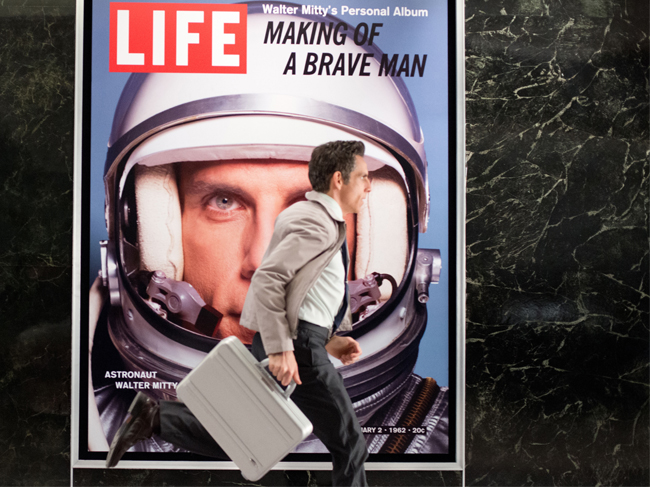ATD Blog
HR Artistry on a Global Canvas
Wed Jun 25 2014

It might seem a bit strange to read about the art of HR since the current thinking in the HR profession focuses on HR as a science; for example, using data and analytics to develop more standardized, consistent approaches to managing and developing people in an organization. The UK’s Chartered Institute of Personnel and Development (CIPD) have even introduced “HR science” as one of four perspectives in the new framework for describing the new world of HR, which they introduced in late 2013. (The other perspectives are understanding the changing nature of work, adapting HR processes, and using data and analytics.)
Given this context, it might be worth explaining that I am not in any way against these developments. Science, data, and analytics are all important; but for me at least, they are not the full story. I would just want to adapt the CIPD framework and include “HR artistry” as well.
So what is the art of HR? Well, I think it can include many different things. Science is about standards, but art encourages free thinking as well as imaginative and unique approaches. I think this greater difficulty in describing HR’s artful role is part of the reason we tend not to focus on it.
Recently, I have been conducting a series of forums in different countries to introduce HR practitioners to a new global HR conference entitled, Art of HR. (This conference will be held in Dubrovnik, Croatia, November 13–16, 2014. It will appeal in particular to those leading global HR functions, or who are working in, or aspiring to work in global HR roles.) In these forums, I have been explaining the same thing I have explained here: that it is difficult to define the art of HR as it can involve so many different things. However, I have been talking about HR’s ABCs—ambition, bravery, and creativity—as the “canvas” that provides the basis for HR to be more artful in our roles:
ambition to not just support but to lead our businesses through the capability, energy, and potential of our people
bravery to put people first and manage them in new ways where we won’t have to pretend that everything we do is a “business not an HR initiative”; and we can use words like trust, love, and respect without them being seen as “soft and fluffy”
creativity to design new, innovative, and potentially unique approaches which enable a business to gain competitive advantage through its people.
Artistry suits an ambitious, brave, and creative agenda, because if all we need is incremental improvements then we can do that job with science, using data, analytics, and a little bit of extrapolation past current state trends. Yet if we are after transformation, we need to help people see new opportunities, or at least see existing opportunities in a new way. For this, we need art.
It might be worth noting that my use of the ABCs is obviously quite similar to Walter Mitty’s—if you’ve seen the film. I didn’t use it here, but I quite like his use of A as “adventurous.” In fact, I like to think of the creation of a new, artful HR as a bit like the transformation from Walter, the office worker, into Walter, the adventurous, brave, and creative global traveler!
I also think that HR artistry is particularly important when working in a global HR role. This is partly because of the complexity involved in working in a global environment with different languages, national culture, employment legislation, representative arrangements, and the like. More importantly, it’s about responding to the need to balance centralization and decentralization by focusing on the pivotal aspects of talent management and development, and ensuring that everyone working in HR—as well as talent leaders in the business—have the same understanding about these areas.
In my experience, developing this balance—whether globally or locally—always involves appealing to the heart just as much as to the head. A dual head and heart approach is the most effective way to have meaningful relationships, where differences can be aired and resolved; and to create new shared understanding and meaning. Therefore, all successful HR environments need HR artistry just as much as they need data, analytics, and science.
